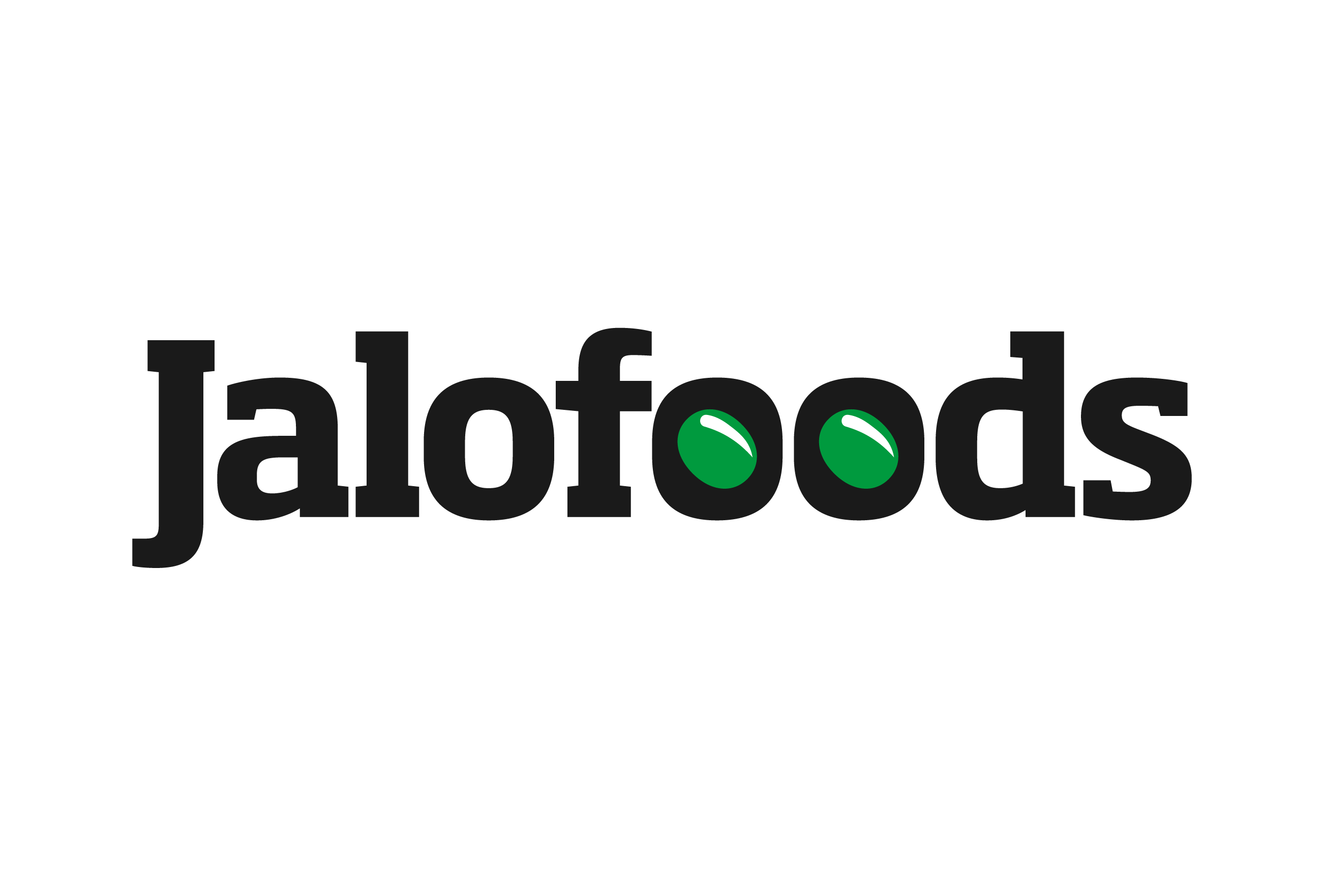

Jalofoods

Uusimaa, Finland
April 2024
Food products
Manufacturing
Denmark,
Finland,
Sweden
Jalofoods (previously known as Oy Soya Ab) is a Finnish food manufacturer which creates organic products for protein-rich vegetarian cooking. It’s vision, since the company was established in 1989, has been to promote the well-being of both people and the planet. Over the decades, the company has developed a unique and sustainable business model. Jalofoods’ products are produced in Finland using nutritious, organic Austrian soybeans and follows traditional tofu production methods rooted in Asia hundreds of years ago. What sets the company apart is unique combination of tradition and innovation results in exceptional quality and tasty flavors. Jalotofu is a natural source of high-quality plant protein that elevates any vegetarian dish. Jalofoods is part of Humble Group, which is a young, dynamic and innovative Swedish FMCG company that delivers products that are better for you and for the planet. Humble group consists of +47 companies operating in the fast-growing segments of healthy food and snacks, and sustainable home & personal care.
Overall B Impact Score
Governance 13.5
Governance evaluates a company's overall mission, engagement around its social/environmental impact, ethics, and transparency. This section also evaluates the ability of a company to protect their mission and formally consider stakeholders in decision making through their corporate structure (e.g. benefit corporation) or corporate governing documents.
What is this? A company with an Impact Business Model is intentionally designed to create a specific positive outcome for one of its stakeholders - such as workers, community, environment, or customers.
Workers 25.1
Workers evaluates a company’s contributions to its employees’ financial security, health & safety, wellness, career development, and engagement & satisfaction. In addition, this section recognizes business models designed to benefit workers, such as companies that are at least 40% owned by non-executive employees and those that have workforce development programs to support individuals with barriers to employment.
Community 14.0
Community evaluates a company’s engagement with and impact on the communities in which it operates, hires from, and sources from. Topics include diversity, equity & inclusion, economic impact, civic engagement, charitable giving, and supply chain management. In addition, this section recognizes business models that are designed to address specific community-oriented problems, such as poverty alleviation through fair trade sourcing or distribution via microenterprises, producer cooperative models, locally focused economic development, and formal charitable giving commitments.
Environment 28.1
Environment evaluates a company’s overall environmental management practices as well as its impact on the air, climate, water, land, and biodiversity. This includes the direct impact of a company’s operations and, when applicable its supply chain and distribution channels. This section also recognizes companies with environmentally innovative production processes and those that sell products or services that have a positive environmental impact. Some examples might include products and services that create renewable energy, reduce consumption or waste, conserve land or wildlife, provide less toxic alternatives to the market, or educate people about environmental problems.
What is this? A company with an Impact Business Model is intentionally designed to create a specific positive outcome for one of its stakeholders - such as workers, community, environment, or customers.
Customers 4.7
Customers evaluates a company’s stewardship of its customers through the quality of its products and services, ethical marketing, data privacy and security, and feedback channels. In addition, this section recognizes products or services that are designed to address a particular social problem for or through its customers, such as health or educational products, arts & media products, serving underserved customers/clients, and services that improve the social impact of other businesses or organizations.